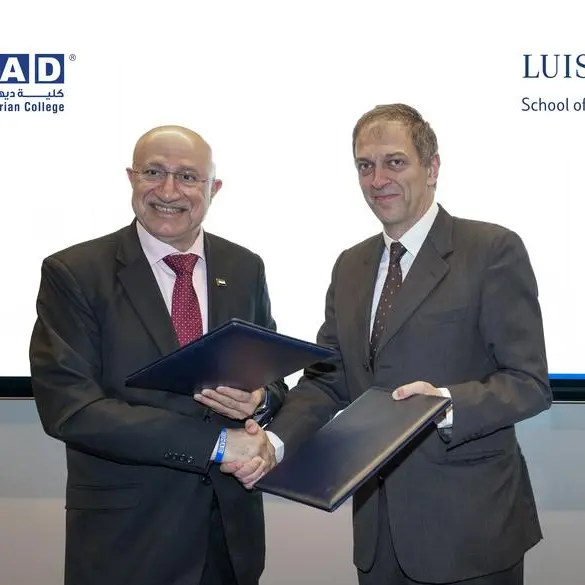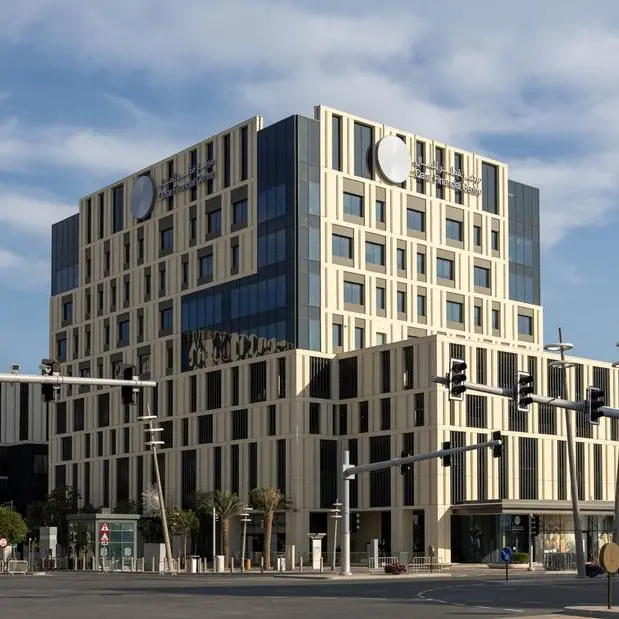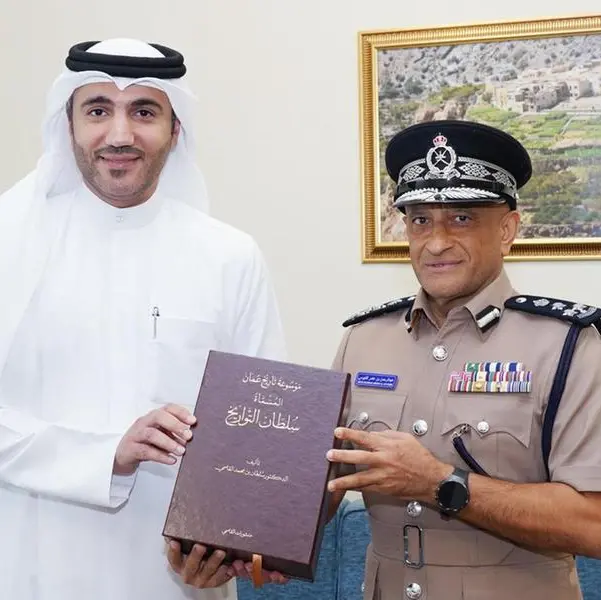Dubai, UAE: Oman crude oil trading on the Dubai Mercantile Exchange averaged $63.96 per barrel in 2019, a fall of around $6/b, or close to 9%, compared to the previous year of $69.94/b.
Over the longer term, Oman averaged $77.70/b over the past decade, compared to the average selling price for Oman of $46.94/b the 2000s and the 1990s average of $17.12/b. Pricing going into year-end finished on a firm note, with the December average of $65.49/b the highest since May. The final settlement price of 2019 was $67.42/b.
The DME Oman futures contract was launched in June 2007. Since inception the highest settlement price of $141.27/b was recorded July 4, 2008, preceding the global financial crisis that wiped more than $100/b from oil prices by year end. The lowest settlement price of $23.72/b on January 21, 2016, amid the global oversupply of crude.
In December 2019, Kuwait announced it would become the latest Middle east government to incorporate DME Oman into its Official Selling Price (OSP), joining Saudi Arabia, Oman, Bahrain and Dubai.
Dr. Iman Nasseri, Managing Director, Middle East, FGE said: “Global crude balances have been driven tighter by lower production in the Middle East and higher demand in Asia. In 2020, output will stabilise, however shifts in Middle East crude trade will still be very much apparent, as crude continues to be re-directed away from the US and Europe, to make way for increased US exports to those markets. A tighter crude balance y-o-y will help support the prompt crude market structure throughout 2020. However, on a m-o-m basis, we expect different trends to emerge.”
“The 2020s may be the last decade with oil demand growth continuing while the peak global oil demand is expected sometime in the early 2030s.” he added
Michael Dei-Michei, Head of Research, JBC Energy said: “Much like the last decade it was really a tale of two opposites. After prices averaged just a tad above $100 per barrel from 2010-2015, the combined forces of US shale and growing OPEC production forced prices to correct quite dramatically and the second half of the decade saw average price levels of only around $55-$60 per barrel.”
“While US shale growth is indeed slowing down and OPEC+ shows ongoing determination to support markets, it is still impressive and surprising to see this strength at a time of weak demand growth and sluggish refining margins. The one thing we can say with certainty is that the crude market is ending this decade on an exceptionally strong note” he added
Robin Mills, CEO, Qamar Energy said: “The quite strong finish to the year will give OPEC some comfort, heading into what could be a difficult first half of 2020. OPEC will want its alliance to hold together, the reasonably optimistic demand forecasts for 2020 to bear fruit, and the signs of a shale slowdown to be enough to outweigh new production from Norway, Brazil and Guyana.”
“In the longer view, the 2010s were an exceptionally strong decade for oil prices, probably the highest-priced ever in real terms, even after the late 2014 crash. Supply disruptions in the first half of the decade and robust growth out of the Great Recession, were only partly offset by the early part of the shale boom. Will OPEC’s alliance overcome electric vehicles, climate policies and other headwinds to record another strong price performance in the 2020s’” he added
-Ends-
About Dubai Mercantile Exchange (DME):
DME is the premier international energy futures and commodities exchange in the Middle East. It aims to provide oil producers, traders and consumers engaged in the East of Suez markets with transparent pricing of crude oil.
Launched in 2007, DME has rapidly grown into a globally relevant exchange. Its flagship Oman Crude Oil Futures Contract (DME Oman) contract is now firmly established as the most credible crude oil benchmark relevant to the rapidly growing East of Suez market. Reflecting the economics of the Asian region like no other contract, and the largest physically delivered crude oil futures contract in the world, DME Oman is the world’s third crude oil benchmark and the sole benchmark for Oman and Dubai exported crude oil.
DME is a fully electronic exchange, with regulatory permissions allowing access from more than 20 jurisdictions, including the major financial centers of Asia, Europe and the United States. The Exchange is located within the Dubai International Financial Center (DIFC), a financial free zone designed to promote financial services within the UAE. The DME is regulated by the Dubai Financial Services Authority and all trades executed on the DME are cleared through and guaranteed by CME Clearing.
DME is a joint venture between Dubai Holding, Oman Investment Fund and CME Group. Global financial institutions and energy trading firms including Goldman Sachs, JPMorgan, Morgan Stanley, Shell, Vitol and Concord Energy also hold equity stakes in the DME. www.dubaimerc.com
For more information, please contact:
DME
Mayssam Hamadeh
Head of Marketing
+971 506523754 (mobile)
mayssam.hamadeh@dubaimerc.com
TRACCS (PR agency)
Walid Majzoub
+9714 3672530
walid.majzoub@traccs.net
TRACCS 24/7 Media Hotline: +97150 9448389
Disclaimer: The contents of this press release was provided from an external third party provider. This website is not responsible for, and does not control, such external content. This content is provided on an “as is” and “as available” basis and has not been edited in any way. Neither this website nor our affiliates guarantee the accuracy of or endorse the views or opinions expressed in this press release.
The press release is provided for informational purposes only. The content does not provide tax, legal or investment advice or opinion regarding the suitability, value or profitability of any particular security, portfolio or investment strategy. Neither this website nor our affiliates shall be liable for any errors or inaccuracies in the content, or for any actions taken by you in reliance thereon. You expressly agree that your use of the information within this article is at your sole risk.
To the fullest extent permitted by applicable law, this website, its parent company, its subsidiaries, its affiliates and the respective shareholders, directors, officers, employees, agents, advertisers, content providers and licensors will not be liable (jointly or severally) to you for any direct, indirect, consequential, special, incidental, punitive or exemplary damages, including without limitation, lost profits, lost savings and lost revenues, whether in negligence, tort, contract or any other theory of liability, even if the parties have been advised of the possibility or could have foreseen any such damages.



















